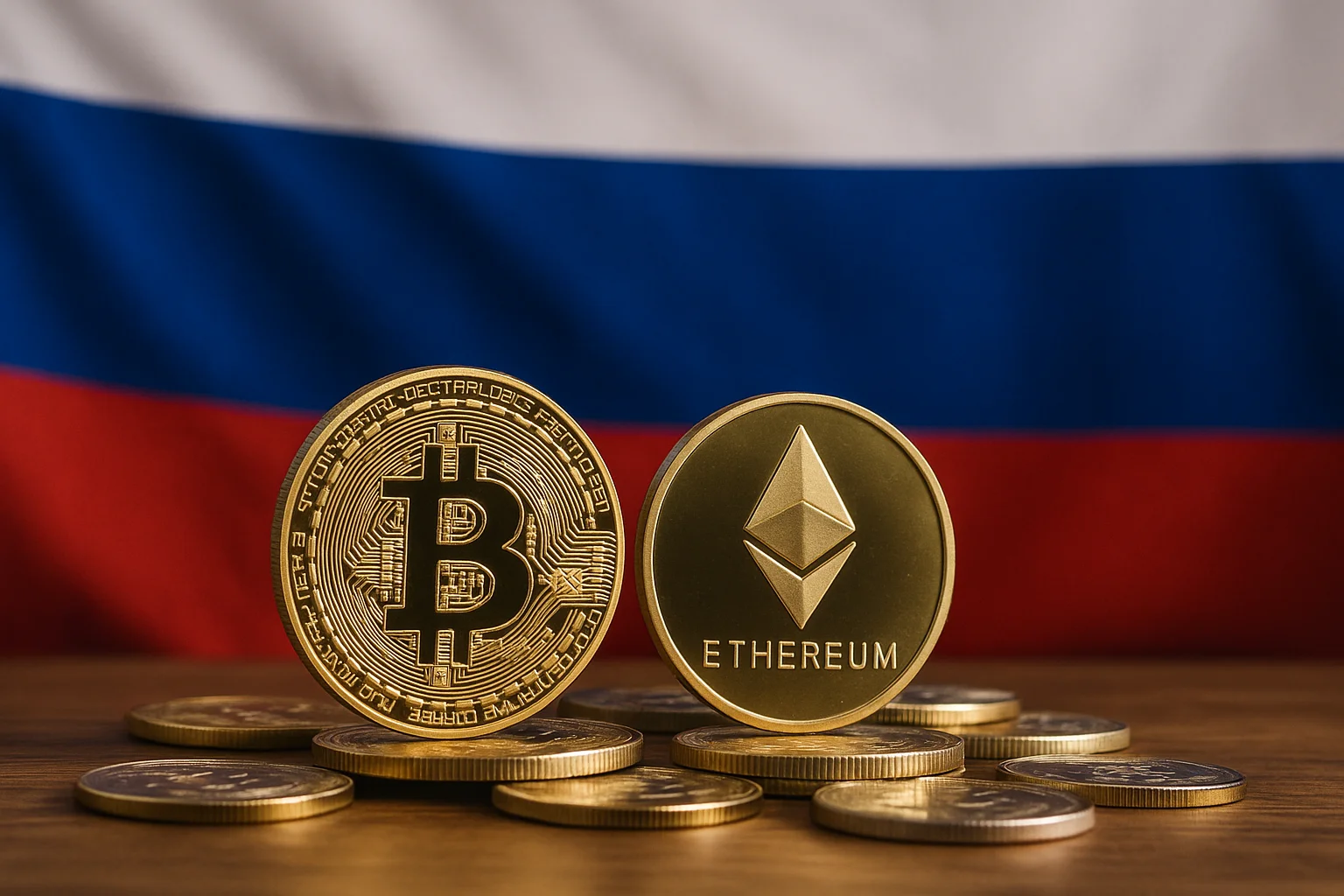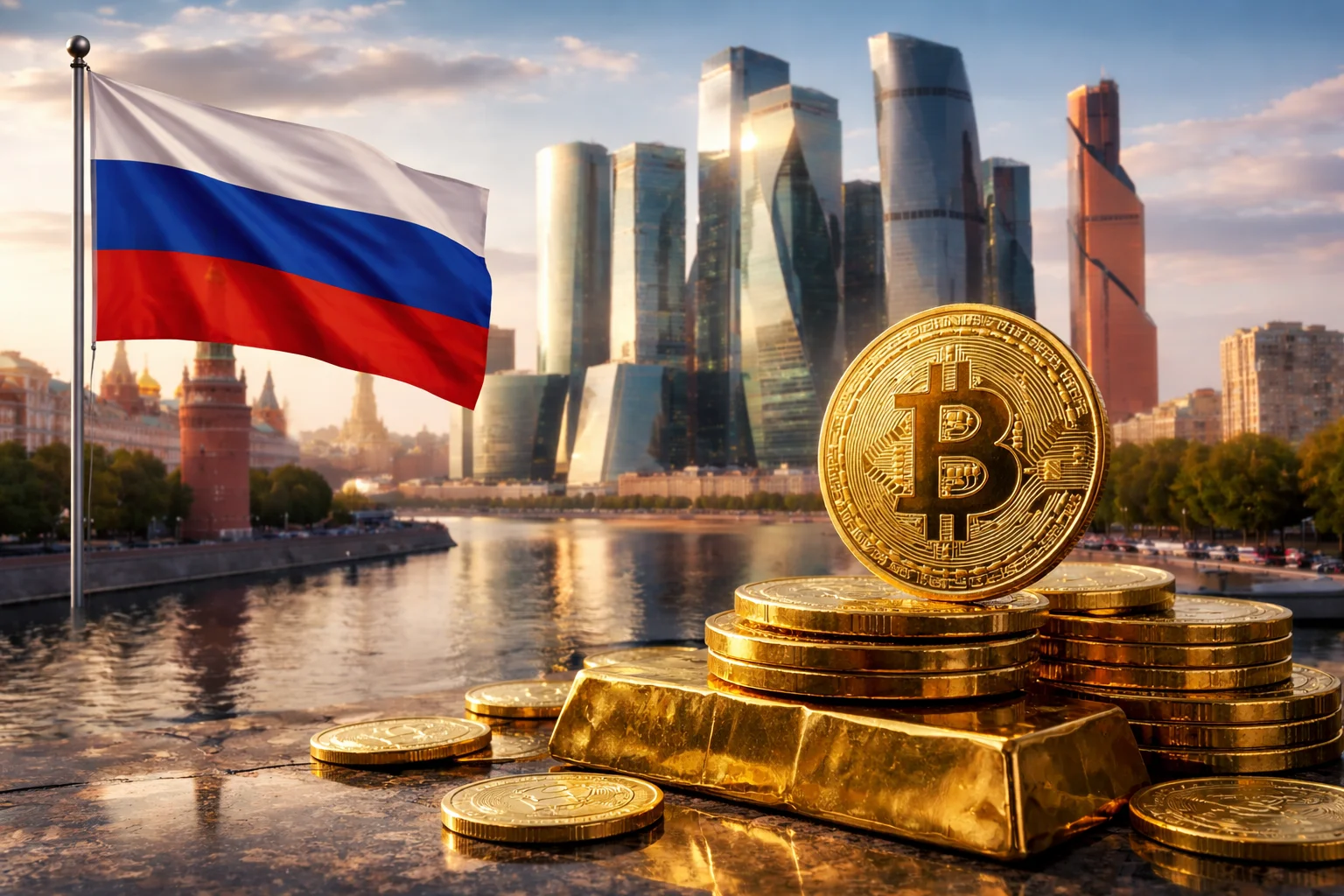In Russia, cryptocurrencies are being legalized for use in foreign trade. The Russian Ministry of Finance and the Central Bank announced in a joint statement on October 21, 2025, that they had agreed on a regulation for the use of cryptocurrencies in international trade payments.
Russia Takes Cryptocurrency Step
Finance Minister Anton Siluanov stated that the regulation will legalize the cryptocurrency space, legalize activities, and strengthen control mechanisms. He said, "We believe this field should be legalized and legal regulations should be introduced for activities. This way, together with Rosfinmonitoring (the Russian Federal Financial Monitoring Service, the country's anti-money laundering and counter-terrorism financing agency) and control services, we will be able to maintain order in this area."
The new regulation marks a significant shift in Russia's financial and foreign trade strategy. Cryptocurrencies will now be accepted as an alternative to traditional payment channels, and the regulatory framework aims to keep this market under control. According to Siluanov, the relevant infrastructure will be under state supervision, and certain criteria will be implemented for investors. However, in Russia, this move is seen not only as a financial regulation measure but also as part of a strategy shaped by international sanctions. Moscow, which has long been the target of various sanctions, is notably using cryptocurrencies as an "alternative payment tool." Research suggests that Russia is turning to crypto and other systematic payment models to reduce its reliance on traditional currencies like the dollar and euro in its foreign trade.
Market and crypto impacts
This step has the potential to indirectly impact the trading volume of major crypto assets, particularly Bitcoin and Ethereum. The increased use of cryptocurrencies in international payments could alter liquidity channels. Meanwhile, increased regulatory oversight could both increase investor confidence and create new risks.
Russia has been known to have a cautious approach to cryptocurrencies for years. However, it was recently reported that there were pilot projects involving crypto in foreign trade channels. Now, this practice will be supported by legal regulation.
According to the draft law that has entered into force, for cryptocurrencies to be used in foreign trade:
- Operations must be conducted through a state-controlled system;
- Participating companies and investors must meet established criteria;
- Anti-money laundering (AML) and know-your-customer (KYC) mechanisms must be strengthened.
Furthermore, Russia is not an environment where cryptocurrency activities are completely free; companies and transactions covered by the regulation will be subject to strict oversight. This presents a scenario where risks and opportunities must be evaluated together.
This shift by Russia reflects its tendency to move away from traditional channels of the global financial system and toward alternative payment methods. As is well known, sanctions have restricted the country's access to financial systems it opposes. Under these circumstances, cryptocurrencies become an option that can provide flexibility in trade and payments.




